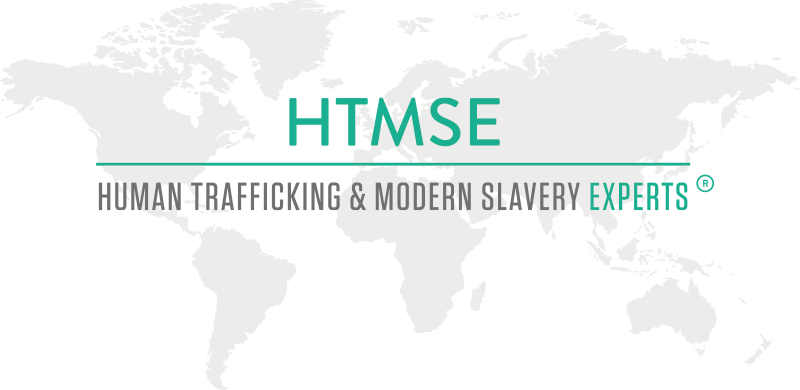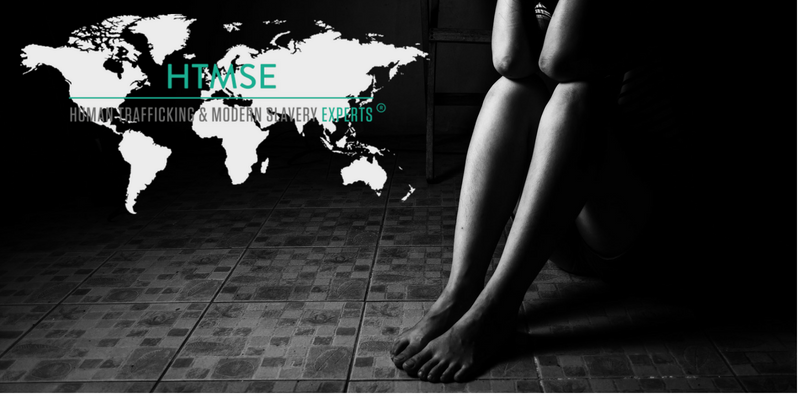Statistics for the National Referral Mechanism in the UK, for first quarter in 2024 (January to March) includes a summary and breakdown of the number of potential victims of modern slavery referred into the (NRM) or via the Duty to Notify (DtN) process.
Key Results:
- 4,524 potential victims of modern slavery were referred to the Home Office from January to March 2024, representing a 9% increase compared to the period from October to December 2023 (4,134) and a 5% decrease compared to the period from January to March 2023 (4,738)
- 73% (3,291) of potential victims were male and 27% (1,226) were female; this is the highest quarterly number of referrals for females since the NRM began
- 80% (3,628) of referrals were sent to the Single Competent Authority (SCA) for consideration and 20% (896) to the Immigration Enforcement Competent Authority (IECA)
- the most common nationalities referred this quarter were UK (24%; 1,105), Albanian (17%; 791) and Vietnamese (11%; 493)
- 5,161 reasonable grounds and 3,893 conclusive grounds decisions were issued this quarter; of these, 55% of reasonable grounds and 48% of conclusive grounds decisions were positive
- the number of reasonable grounds decisions and conclusive grounds decisions issued by the competent authorities were both at their highest for a quarter since the NRM began
- the Home Office received 1,125 reports of adult potential victims via the DtN process
See the full Home Office Report here.


